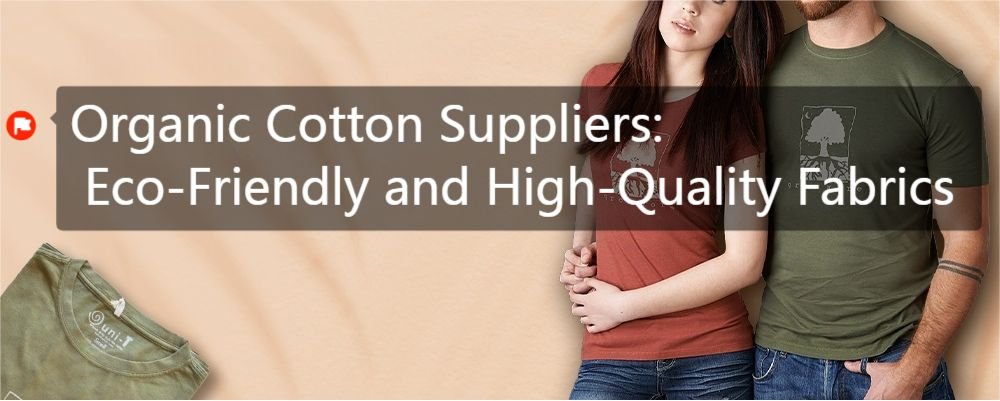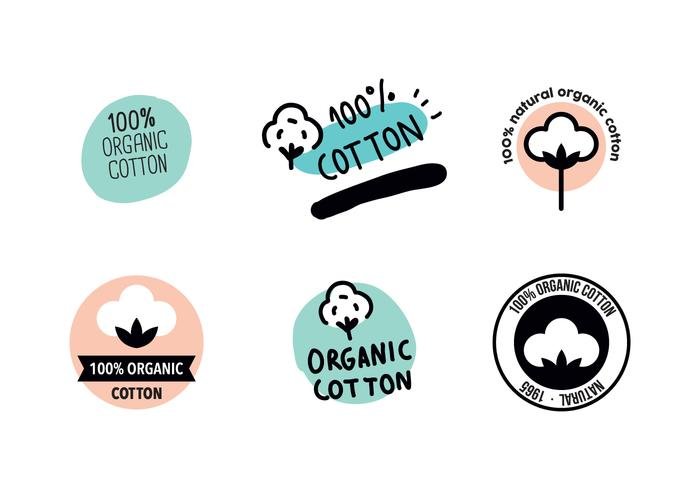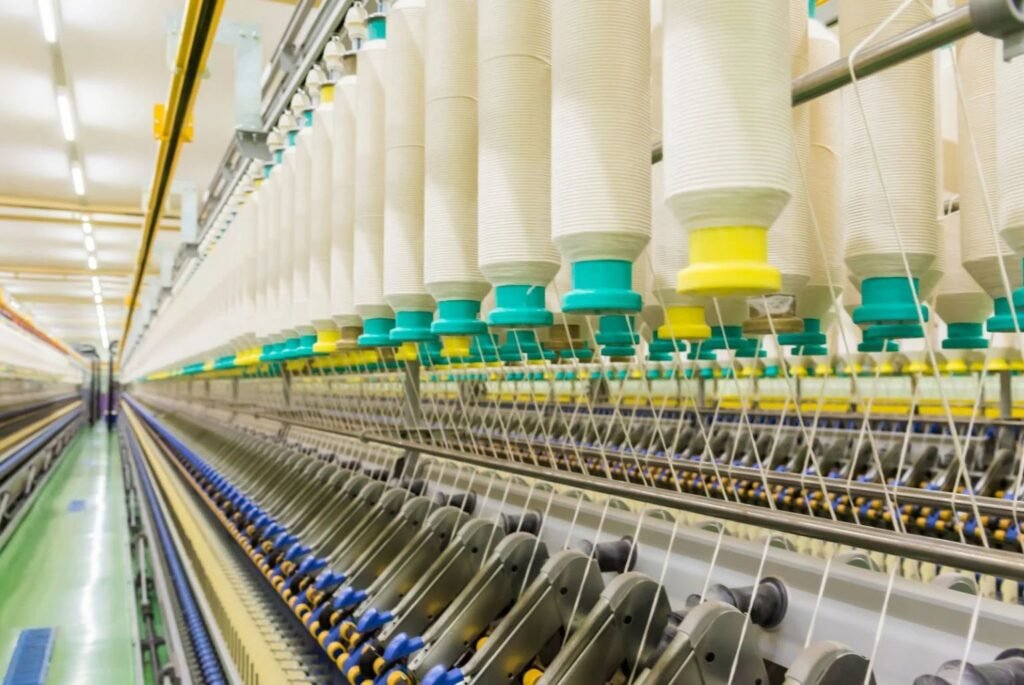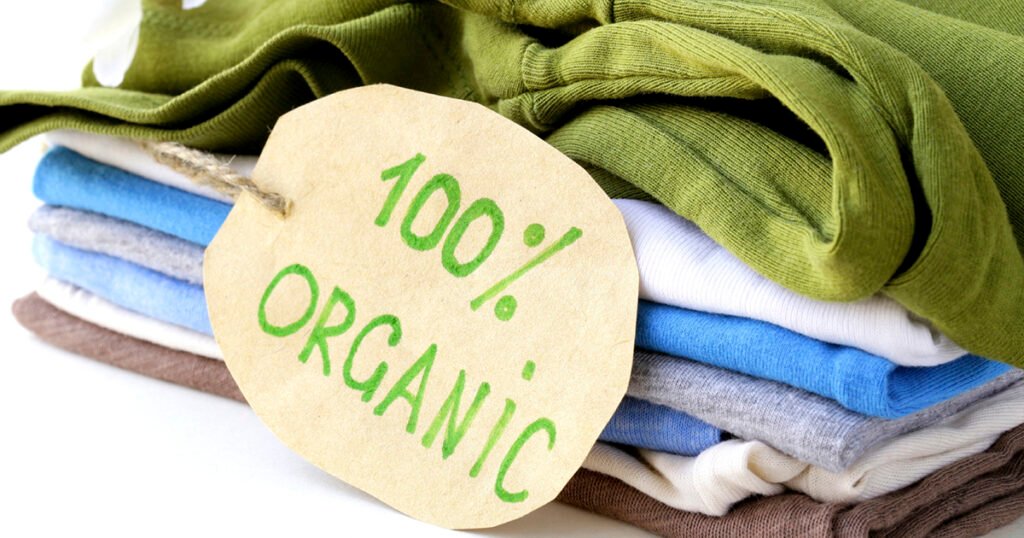No products in the cart.
Custom Yoga Pants
Organic Cotton Suppliers: Eco-Friendly and High-Quality Fabrics
Introduction to Organic Cotton Suppliers
Organic cotton suppliers play a crucial role in the fashion industry by providing eco-friendly and high-quality fabrics. As consumers become more conscious of the environmental impact of their choices, the demand for organic cotton has been steadily increasing. In this article, we will explore the benefits of choosing organic cotton fabrics, understand the eco-friendly practices of organic cotton suppliers, and delve into the importance of sustainable farming in organic cotton production.
Benefits of Choosing Organic Cotton Fabrics
One of the primary benefits of choosing organic cotton fabrics is the reduced environmental impact. Unlike conventional cotton, which is grown using synthetic pesticides and fertilizers, organic cotton is cultivated using natural methods. This eliminates the harmful chemicals that can pollute soil, water, and air, and also reduces the risk of health issues for farmers and workers.
Organic cotton fabrics are also known for their superior quality. The absence of chemicals in the cultivation process results in softer, more breathable, and hypoallergenic fabrics. This makes organic cotton ideal for sensitive skin and those prone to allergies. Additionally, organic cotton fabrics are durable and long-lasting, ensuring that your garments will stand the test of time.
Understanding the Eco-Friendly Practices of Organic Cotton Suppliers
Organic cotton suppliers are committed to eco-friendly practices throughout the entire supply chain. From seed selection to harvesting and processing, these suppliers prioritize sustainability. They use non-GMO seeds and natural fertilizers, such as compost and manure, to nourish the soil. They also employ innovative techniques like crop rotation and intercropping to maintain soil fertility and prevent pests and diseases.
Water conservation is another key aspect of eco-friendly practices in organic cotton production. Organic cotton suppliers implement efficient irrigation systems and rainwater harvesting methods to minimize water usage. They also prioritize water recycling and ensure that wastewater is treated before being released back into the environment.
Furthermore, organic cotton suppliers prioritize energy efficiency and reduce greenhouse gas emissions. They invest in renewable energy sources, such as solar and wind power, to power their operations. They also implement energy-saving measures, such as using energy-efficient machinery and optimizing production processes.

The Importance of Sustainable Farming in Organic Cotton Production
Sustainable farming practices are at the core of organic cotton production. By adopting sustainable farming methods, organic cotton suppliers contribute to the preservation of biodiversity, soil health, and water resources. Sustainable farming also promotes the well-being of farmers and workers, ensuring fair wages and safe working conditions.
One of the key sustainable farming practices in organic cotton production is crop rotation. This involves alternating the cultivation of cotton with other crops, such as legumes or grains. Crop rotation helps break the cycle of pests and diseases, reduces the need for chemical pesticides, and improves soil fertility.
Another important practice is intercropping, which involves growing different crops together in the same field. Intercropping helps maximize land use, enhances biodiversity, and reduces the risk of crop failure. For example, organic cotton can be intercropped with food crops like beans or vegetables, providing farmers with additional income and food security.
Certification and Standards for Organic Cotton Suppliers
To ensure the authenticity and credibility of organic cotton, certification and standards are essential. Organic cotton suppliers must adhere to strict guidelines and undergo certification processes to guarantee that their products meet organic standards.
One of the most recognized certifications for organic cotton is the Global Organic Textile Standard (GOTS). GOTS ensures that the entire production process, from farming to manufacturing, meets stringent environmental and social criteria. It prohibits the use of toxic chemicals, ensures fair wages and safe working conditions, and requires traceability and transparency throughout the supply chain.
Another important certification is the Organic Content Standard (OCS), which verifies the organic content of a product. OCS ensures that a specific percentage of the fabric is made from organic materials. This certification is particularly useful for brands that use a blend of organic and conventional cotton.

Exploring the Global Market for Organic Cotton Fabrics
The global market for organic cotton fabrics has been steadily growing in recent years. According to the Textile Exchange’s Organic Cotton Market Report, the global organic cotton market reached 180,971 metric tons in 2020, representing a 20% increase compared to the previous year. This growth can be attributed to the increasing demand for sustainable and ethical fashion.
Europe and North America are the leading regions in terms of organic cotton consumption. These regions have a strong consumer base that values sustainability and ethical practices. However, there is also a growing demand for organic cotton in emerging markets, such as Asia and Latin America, as consumers become more aware of the environmental and social impact of their choices.
Top Organic Cotton Suppliers: A Comprehensive Overview
Several organic cotton suppliers have emerged as leaders in the industry, providing high-quality fabrics while prioritizing sustainability and ethical practices. Here are some of the top organic cotton suppliers:
1. Organic Cotton Plus: Organic Cotton Plus is a US-based supplier that offers a wide range of organic cotton fabrics, including jersey, twill, and denim. They source their cotton from certified organic farms and ensure transparency and traceability throughout the supply chain.
2. Anandi Enterprises: Anandi Enterprises is an Indian supplier that specializes in organic cotton fabrics. They work closely with farmers to promote sustainable farming practices and ensure fair wages for workers. Their fabrics are known for their softness and durability.
3. Offset Warehouse: Offset Warehouse is a UK-based supplier that focuses on sustainable and ethical fabrics, including organic cotton. They offer a diverse range of organic cotton fabrics, from lightweight voile to heavyweight canvas, and prioritize transparency and fair trade practices.
4. NearSea Naturals: NearSea Naturals is a US-based supplier that offers a wide selection of organic cotton fabrics, as well as other sustainable materials. They prioritize transparency and work with suppliers who adhere to strict environmental and social standards.

Factors to Consider When Choosing an Organic Cotton Supplier
When choosing an organic cotton supplier, there are several factors to consider to ensure that you are making an informed decision. Firstly, it is important to verify the supplier’s certifications and standards. Look for suppliers that are GOTS or OCS certified, as these certifications guarantee the authenticity and sustainability of the fabrics.
Transparency is another crucial factor to consider. A reputable organic cotton supplier should be able to provide information about their supply chain, including the farms they source from and the production processes they employ. They should also be willing to answer any questions you may have regarding their sustainability practices.
Collaborating with Organic Cotton Suppliers for Ethical Fashion
Collaborating with organic cotton suppliers is a crucial step for brands and designers looking to embrace ethical fashion. By choosing organic cotton fabrics, brands can reduce their environmental impact and contribute to a more sustainable future. Organic cotton suppliers can provide a reliable and consistent source of high-quality fabrics that align with the brand’s values.
When collaborating with organic cotton suppliers, it is important to establish a strong partnership based on transparency and shared values. Brands should communicate their sustainability goals and expectations to the supplier, ensuring that both parties are aligned in their commitment to ethical practices. Regular communication and feedback are essential to maintain a successful partnership.
Case Studies: Successful Partnerships with Organic Cotton Suppliers
Several brands have successfully partnered with organic cotton suppliers to create sustainable and ethical fashion. One such example is Patagonia, an outdoor clothing brand known for its commitment to environmental and social responsibility. Patagonia has collaborated with organic cotton suppliers to develop a range of organic cotton garments, reducing their environmental impact and supporting sustainable farming practices.
Another example is Eileen Fisher, a women’s clothing brand that prioritizes sustainability and ethical practices. Eileen Fisher has partnered with organic cotton suppliers to create a collection of organic cotton garments, ensuring that their products are made from high-quality and eco-friendly fabrics.
Challenges and Future Trends in the Organic Cotton Industry
While the organic cotton industry has made significant progress in recent years, it still faces several challenges. One of the main challenges is the higher cost of organic cotton compared to conventional cotton. Organic cotton production requires more labor and resources, resulting in higher production costs. This can make organic cotton fabrics more expensive for consumers, limiting their accessibility.
Another challenge is the limited availability of organic cotton. Organic cotton currently represents only a small percentage of global cotton production. This limited supply can make it difficult for brands to source organic cotton fabrics in large quantities, especially during peak seasons.
However, despite these challenges, the future of the organic cotton industry looks promising. As consumer demand for sustainable and ethical fashion continues to grow, more brands are likely to embrace organic cotton. This increased demand can incentivize farmers to transition to organic farming methods, leading to a larger supply of organic cotton.

Conclusion: Embracing Organic Cotton Suppliers for a Sustainable Future
Organic cotton suppliers play a vital role in promoting sustainability and ethical practices in the fashion industry. By choosing organic cotton fabrics, consumers can reduce their environmental impact and support farmers and workers who prioritize sustainable farming methods. The benefits of organic cotton, such as superior quality and hypoallergenic properties, make it an ideal choice for those seeking high-quality and eco-friendly fabrics.
Certifications and standards, such as GOTS and OCS, ensure the authenticity and sustainability of organic cotton fabrics. When choosing an organic cotton supplier, it is important to consider factors such as certifications, transparency, and shared values.
Collaborating with organic cotton suppliers can help brands and designers embrace ethical fashion and contribute to a more sustainable future. Successful partnerships with organic cotton suppliers, as seen in the case studies of Patagonia and Eileen Fisher, demonstrate the positive impact that can be achieved through such collaborations.
While the organic cotton industry still faces challenges, the increasing demand for sustainable and ethical fashion is likely to drive its growth. By embracing organic cotton suppliers, we can move towards a more sustainable and responsible fashion industry, ensuring a better future for both the environment and the people involved in cotton production.
